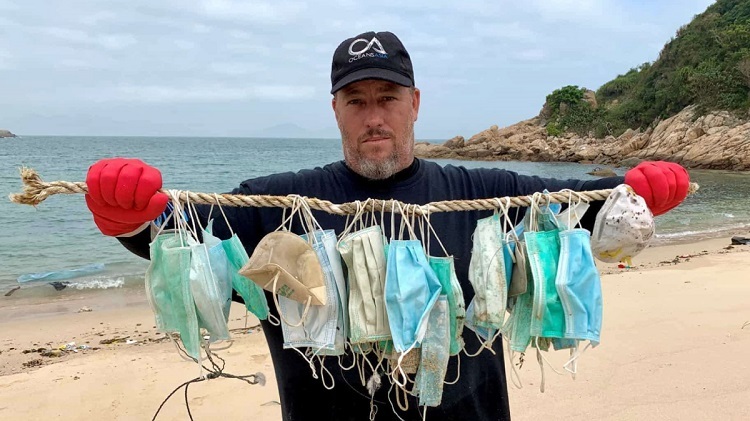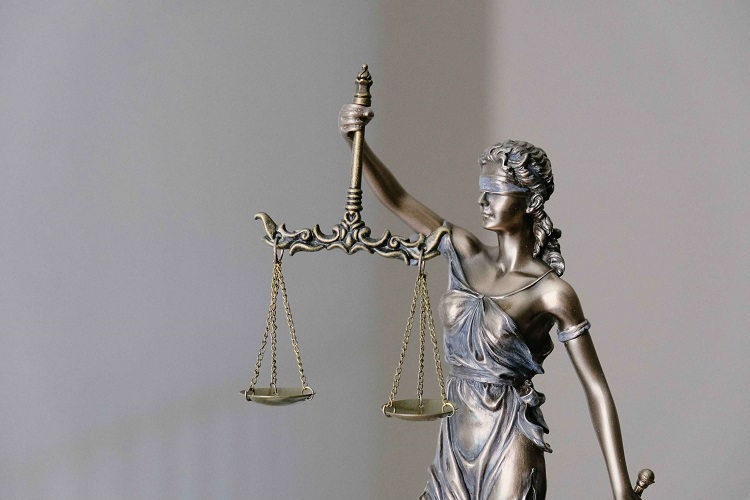A planned gift that is mentioned in your will is known as a bequest and can be left to anyone you want. This includes your family members, your loved ones, extended relatives and even a charity or organisation you care about. There are a number of different processes involved in mentioning a gift in your will, but you can easily follow our free will writing template below to avoid confusion.
This article will help you figure out what items in your possession qualify as gifts.
Table of Contents
Consult your family
Talk to your family before you decide leave a bequest for them or anyone else. When you decide to pass on your possession, you need to take certain factors into account. You don’t have to tell people right away, but it’s a good idea to inform them of your decision so that there is no confusion later on. It also helps to ensure that your wishes are carried out in the way you desire, if your loved ones know what you wanted. Even if you plan on giving something to a charity tell them so that they are aware and can understand your reasons.
Decide on your personal possessions
Wills are not just for high value items; items that are of sentimental value can also be included. One of the benefits of writing a will is that you get to decide on the future owner of each one of them. There are four different categories into which these gifts are divided and can include from anything from a book to acres of land.
Specific Gifts
These are the type of gifts which are individual items that you have in your possession. You can easily mention them in your will by writing the name of the article which can include jewellery, books, paintings, diaries, shares and even cash. You can also leave property or cars as gifts but usually, they become part of the main estate to be divided amongst the beneficiaries you have nominated in your will. If it’s an item, then you do not have to write down its price along with the name because it is being left more for its sentimental value than monetary value.
Pecuniary Gifts
This type of gift is a direct financial donation to a charity or individual. The amount of money is fixed and cannot be changed later on. The total money you leave will be dependent on banking taxes and may depreciate over time. If you do want to leave money to someone, you must state the amount of money in the appropriate currency and how you want it to be used if it is for an organisation.
Residual Gifts
These are gifts that are passed on once you have divided all your assets amongst your loved ones. These types of gifts become valid once everything is shared and all the expenses have been accounted for. Usually, people leave the remainder of their assets or a fixed percentage of what’s left. Residual gifts are preferred over monetary gifts because their value does not decrease with time. The amount usually changes with time and may increase in future.
Get the help of a solicitor
Once you have decided what you want to do with your personal belongings, then it’s time to write your will. Some people prefer writing their will on their own; others make use of the free will writing templates available online, while most hire a solicitor to help as they are experts in writing wills and can help you in ensuring that all your wishes are fulfilled and your intentions are made clear. There is so much complex legal terminology involved in writing a will that only a person with expertise can be sure to get it right. Seeking the services of a solicitor is therefore definitely a sensible idea.
Indicate how your gift should be used
When you are bequeathing a gift to a charitable organisation, it’s your right to decide how the money or that item will be used. You can mention you want to spend the money on a research project for a disease, or you can direct it towards the general betterment of humans, animals or technology as per your wishes.
General will writing template for gifts
I (insert your name here) bequeath to (enter the name of the charity or facility) with the Charity Registration Number (XXXXX) and Bank Account number (123 456 789) (depending on what the organisation is and which country you are from)(choose one of the following based on what you are donating)The whole of my estate (enter value) percentage of my estate The residue of my estate The amount of $/£/€ (enter the value of your gift in cash and according to your currency) my (enter the name of item or asset)unconditionally for its general purposes and I direct that the receipt of the Treasurer or other duly authorised officer shall be a sufficient discharge to my Executors.
Important points to know
If you do not mention anything specific in your will as a gift, it will automatically be included in your assets and become part of your overall estate. Everything that remains after all your current and future expenses have been paid is the total value of your estate.
You can only include things in your will to gift that you own. It cannot be something that you co-own or share with someone else. In such a case, that item is passed on to the remaining partner(s) in the event of your death.
Avoid future conflicts
For sure it’s your choice to do what you wish with what you own but do consider carefully all the decisions you make. You should prioritise your family first or take them into your confidence before donating something elsewhere so that there are no confusions and conflicts after your death.
Finally, this is a hard decision to make so you should take your time and not rush with your choices. Hopefully, this article has helped you to grasp the basics of gift giving and how to go about the process of assigning them in your will.













Comments